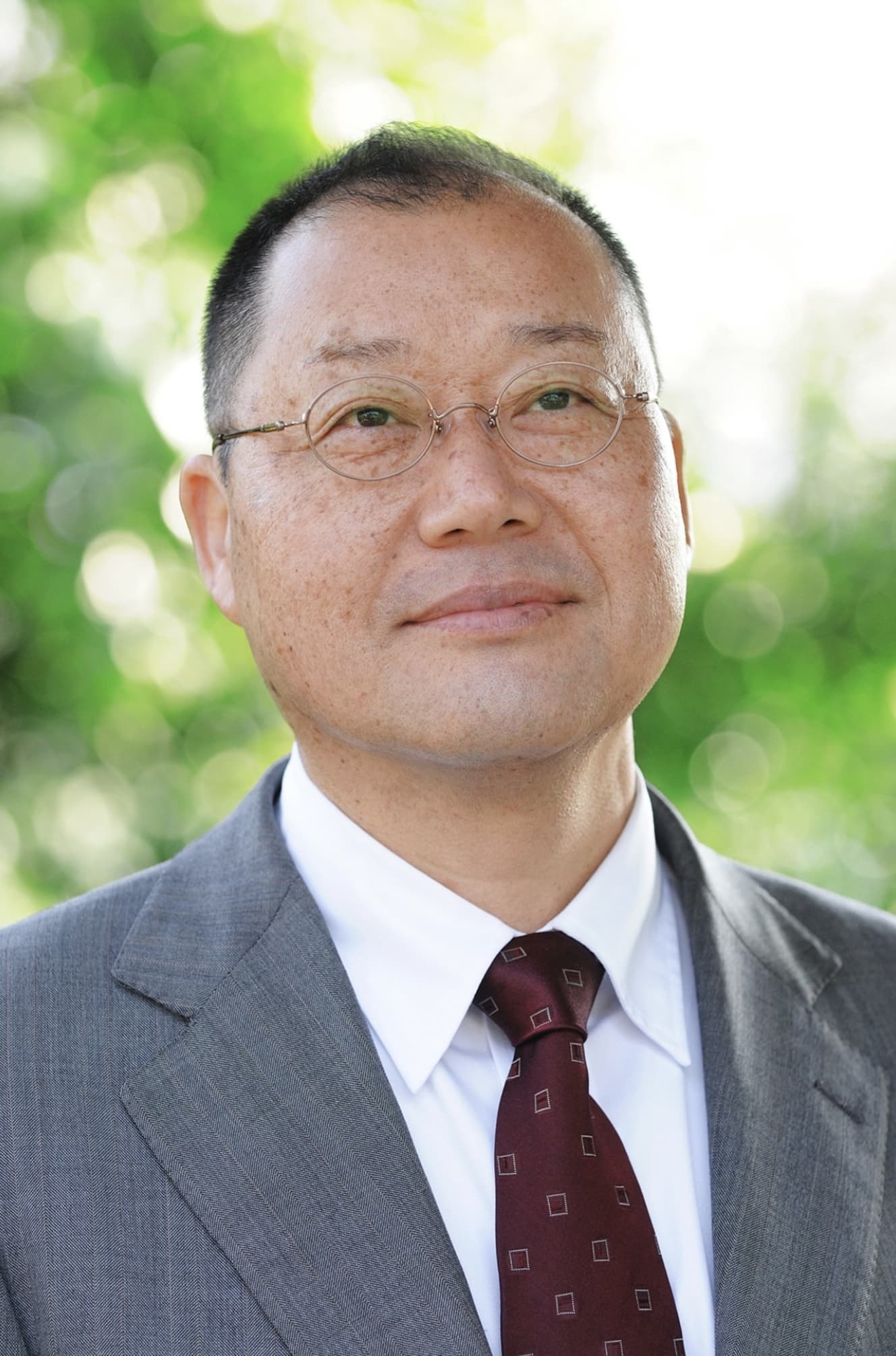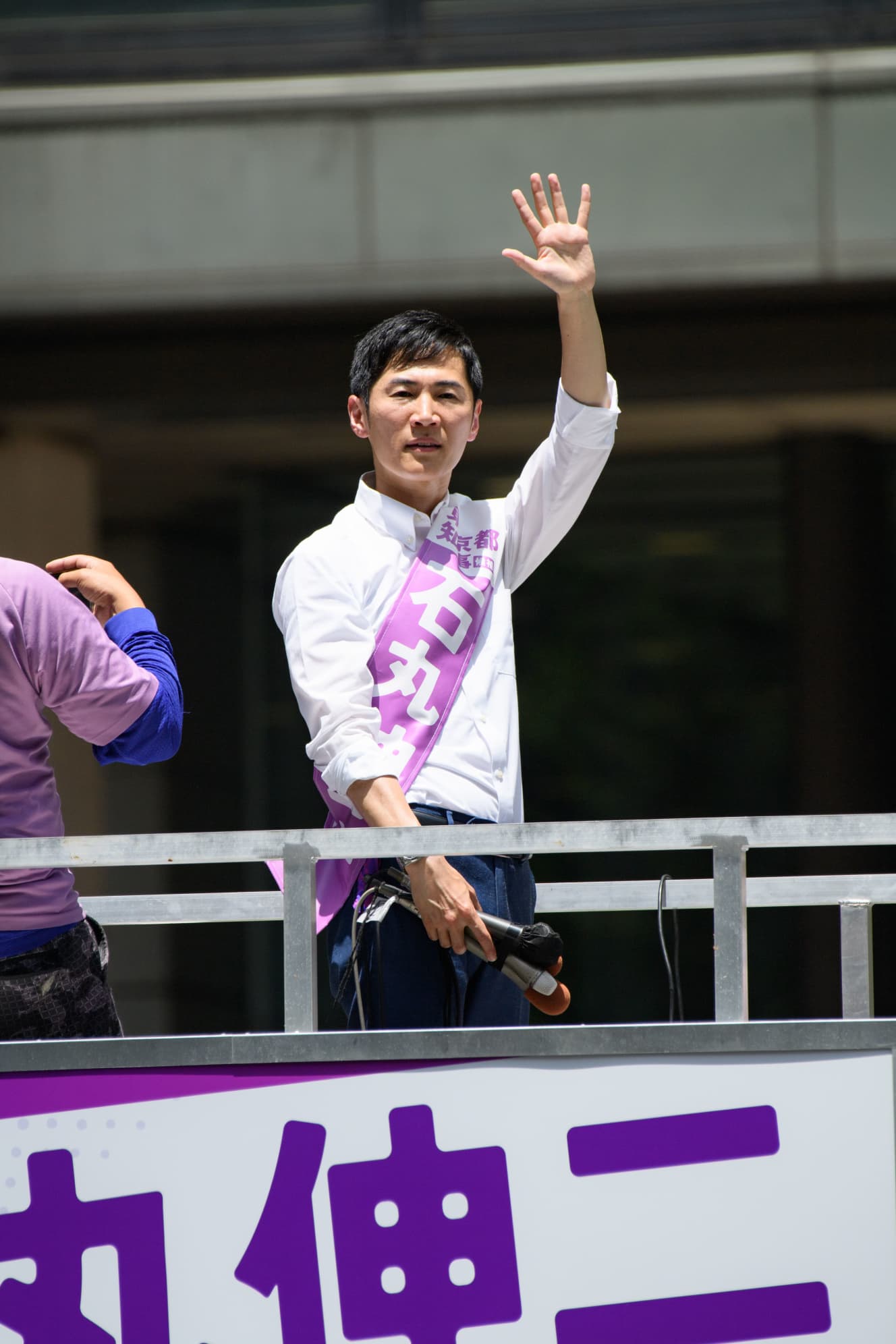Former Akitakata City Councilor Reveals Unexpected True Feelings About Shinji Ishimaru Amid Power Harassment Criticism
“It’s earlier than I expected for him to step down as mayor. However, I did think there would come a day when Ishimaru-san would make a big move.”
This is how Shozo Kumataka, former Akitakata city councilor, describes the situation. Kumataka is known for submitting a vote of no confidence against Shinji Ishimaru during his time as mayor, a figure who had been in intense conflict with the city council, taking a “both sides are the same” stance.
Initially skeptical of Ishimaru’s approach, Kumataka began to express positive opinions about him once, “In the third year, his policy goals began to become clear”. As a member of the city council, how does Kumataka perceive the “Ishimaru whirlwind” that swept through the Tokyo governor election?
“Among the anti-Ishimaru faction, there are people who say, ‘He used Akitakata City as a stepping stone and then kicked it away,’ but those who understand Ishimaru believe, like I do, that ‘he has the potential to change Japanese politics, so we hope he does well wherever he goes.’ Ishimaru’s greatest achievement is undoubtedly sparking interest in politics among young people. Additionally, cutting waste in finances and investing in school education is also significant.”
During the Tokyo governor election campaign, Ishimaru caused a stir by announcing a pledge to give 1 million yen to the student council president of a public high school in his street speeches. While there were positive opinions online, there were also voices questioning the source of the funds and criticisms such as, “He should use his own money.”

“Ishimaru-san’s handouts were implemented for the first time in Akitakata City in this year’s new budget. We gave 1 million yen each to two high schools, and the student councils used the money for cultural festivals. I went to see it myself, and it was clear that the students were very actively involved in various activities.
In essence, I took it as money intended to draw out the children’s autonomy and enthusiasm. If politicians provide such funds directly to children, the children will also develop an interest in politics. While it is not a situation where thorough verification has been done, the fact that the children actively used their creativity seems to contribute to a positive evaluation.”
However, Kumataka does not unconditionally endorse Ishimaru. He acknowledges that there were also shadow aspects to Ishimaru’s administration.

“That means the distance between the citizens and the city hall, or the administration, has grown. That became a source of dissatisfaction. Many people have significant doubts about whether the accountability has been sufficiently fulfilled, and I think that has led to opposition.”
In media responses after the Tokyo governor election, Ishimaru’s statements and demeanor became a topic of discussion as power harassment. This behavior mirrored the interactions between the mayor and the city council or media that had taken place in Akitakata City. His verbal attacks on the city council, city hall staff, and media were spread on social media and became a catalyst for Ishimaru’s popularity. How does Kumataka, who has faced Ishimaru in the city council, view Ishimaru’s attitude and statements?
“Indeed, during the interactions in the city council, there were times when strong words that could be perceived as power harassment were used. However, since I had high expectations for the young Ishimaru, I deliberately chose to overlook it.
There were also intense exchanges with the media, but I think that differs in nature from power harassment. Media and politicians are on an equal level. The media has its power, and when politicians push back against strong criticism, they have to use strong language to fight back.”
After Ishimaru resigned as mayor, Kumataka was faced with a major decision. The issue of who would succeed Ishimaru’s administration emerged.
“I thought it would be a problem if we cut off the momentum of people who had awakened to politics in Akitakata City. It would have been fine if there was someone to take over, but after about a month of worrying. I consulted with various people, but in the end, there was no one among the younger candidates, so I decided to run.”

In the mayoral election held on the same day as the Tokyo governor election, the newcomer Etsushi Fujimoto, who criticized former Mayor Ishimaru, won with 6,746 votes. Kumataka finished second with 4,541 votes, but he felt a sense of achievement.
“I followed Ishimaru’s example and utilized YouTube myself, which led to a significant boost in the middle of the campaign. I was able to feel the support of young people, like a mother with a baby who cheered for me, something I had not experienced before.”
Kumataka’s YouTube channel has over 56,000 subscribers, and the video titled “Future Plans Following Ishimaru’s Retirement” has recorded 490,000 views. For reference, the population of Akitakata City is less than 30,000.
“The political awareness of the citizens is changing. However, it is also true that the voter turnout did not reach 60% and lacked broader engagement. In the end, I lost due to my lack of preparation against the organizational strength of the opponent.”
Kumataka plans to move forward in politics positively, consulting with supporters and his support group.
“I believe Ishimaru will become influential on a global scale in the future. Although the level is different, I will continue to work hard in Akitakata City.”
Interview and text: Asahi Saga
Born in Shizuoka Prefecture in 1992. After completing the Graduate School of Political Science at Waseda University, worked as a reporter for Nikkan Gendai, Shukan Asahi, Shukan Gendai, and others.
